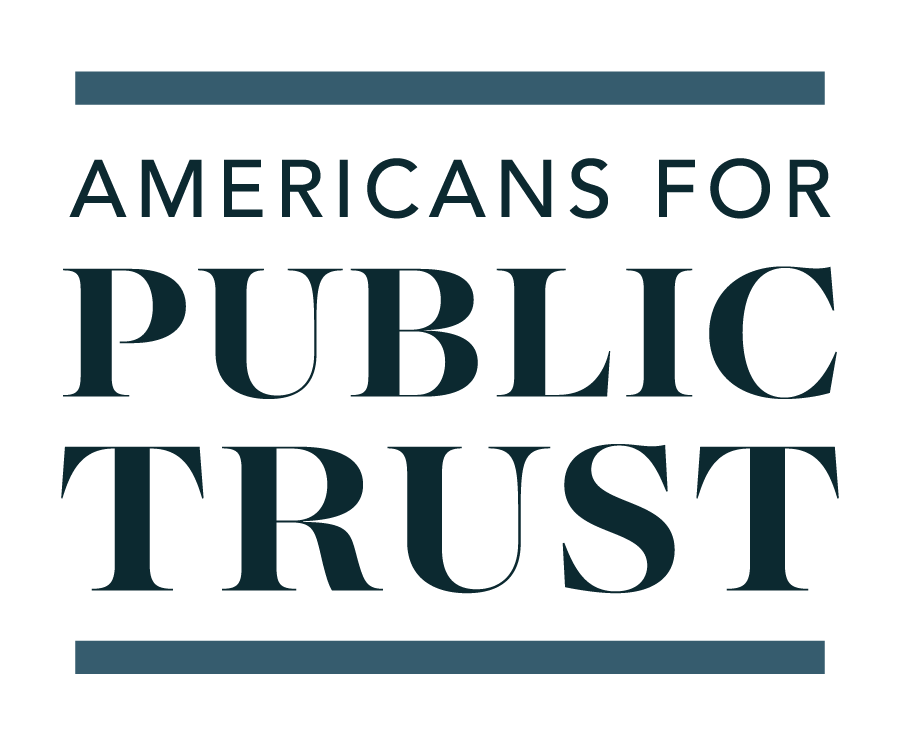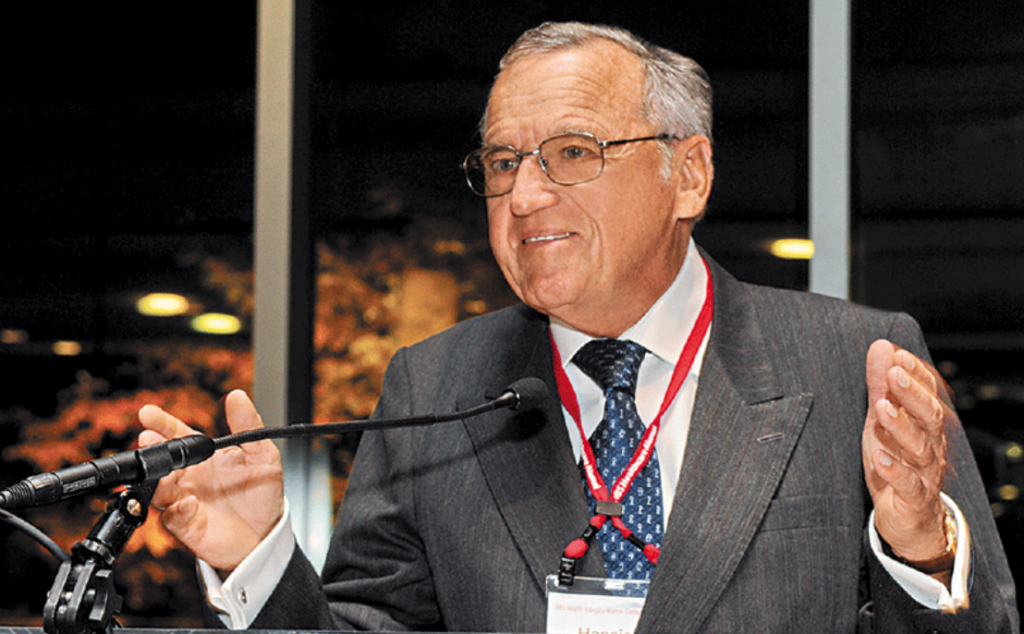The Swiss billionaire Hansjörg Wyss has a profound interest in American politics. Over the years, he has pumped $475 million he has earned manufacturing medical devices into left-wing advocacy groups – $72 million in 2021 alone, according to a new report from the conservative watchdog group, Americans for Public Trust.
According to a biography of Wyss written by a sister, Wyss’ goal is not to bend laws to his business’s advantage but to “[re]interpret the American Constitution in the light of progressive politics.”
Although foreigners are prohibited from donating money directly to political causes, Wyss has donated lavishly to progressive political organizations. The New York Times reported in 2021 that these include the “Center for American Progress and Priorities USA, as well as organizations that ran voter registration and mobilization campaigns to increase Democratic turnout, built media outlets accused of slanting the news to favor Democrats, and sought to block Mr. Trump’s nominees, prove he colluded with Russia and push for his impeachment.” Since 2016, some $245 million of his spending on American politics has gone to Arabella Advisors, which controls a vast network of progressive nonprofits which, among other activities, has financed hundreds of smaller groups that campaign for specific issues and candidates.
…
Critics argue that Wyss’ largesse illuminates a gaping loophole in political finance that essentially allows wealthy foreigners to launder their contributions – one that has been exploited far more robustly by Democrats than Republicans. That may help explain why the issue became more prominent on Aug. 14, when House Republicans announced an investigation “into whether entities that qualify as tax-exempt under Section 501 of the U.S. Code are abiding by the statutory and regulatory prohibitions against … foreign sources of funding … being funneled through such organizations to influence America’s elections.” As part of that probe, the House Ways and Means Committee produced an open letter detailing the problem and requesting information from the public. A significant portion of the letter discussed the political donations of a single foreigner – Hansjörg Wyss.
…
The political landscape shifted profoundly in 2010 with the Supreme Court landmark decision in Citizens United vs. FEC.
…
In the thirteen years since the Citizens United decision, which Democrats have long derided, a large number of 501(c)4 independent expenditure groups have sprung up to take advantage of the new rules. None has been as successful as Arabella Advisors.
Arabella was founded by Eric Kessler, a former Clinton White House appointee, as well as a member of the Clinton Global Initiative, which was plagued by fundraising controversies. Under Kessler, Arabella achieved great success in wrangling wealthy liberal donors and thereby making many organizations on the left dependent on its largesse: The Arabella network spent $1.2 billion in 2020.“Altogether this is absolutely one of the largest fundraising machines I have ever come across,” Robert Maguire of the left-leaning watchdog Citizens for Responsibility and Ethics in Washington told Politico in 2021. “I am really struggling to think of any other group, especially recently, that could rival it.”
The structure of Arabella Advisors is complicated and opaque by design. Arabella is comprised of a handful of smaller but still large and influential funds – New Venture Fund, Sixteen Thirty Fund, North Fund, Hopewell Fund, and Windward Fund. Those groups then create several “pop-up” groups with generic names such as “Floridians for a Fair Shake” and “Arizonans For Responsible Government” to campaign for specific issues and candidates.
…
The Arabella network has created some 500 of these groups since 2006, and even political journalists are often fooled into thinking these are grassroots groups instead of entities controlled by well-funded D.C. activists. (Some of these pop-up groups have even run political ads that deceptively try to look like local news outlets.) Many of those pop-up groups are also 501(c)(3) organizations, which unlike 501(c)(4) groups, are tax deductible and supposed to be nonpartisan.
However, “nonpartisan” groups funded by Arabella often skirt the law and are created to accomplish narrow partisan goals. For instance, the Arabella network gave $25 million to the Center for Tech and Civic Life (CTCL), a nonprofit that endured heavy criticism for its role in the 2020 election. While CTCL’s mission was to improve election infrastructure by working with local government election offices, it was run by election analytics experts affiliated with Democrats and progressive causes. The hundreds of millions in grants CTCL distributed in the 2020 election were allocated by coordinating with Democratic politicians and heavily skewed toward increasing turnout in Democratic counties and cities located in swing states. With Arabella, donors’ money is extremely fungible. Because it is routed through two or three organizations before it gets spent, it is difficult to determine how donations from foreigners such as Wyss are disbursed.
And given Arabella’s massive political spending, there’s no question the organization exerts political influence and is cozy with the Biden administration. This year, it was revealed that Arabella’s Eric Kessler was the only non-government employee on an email chain where Secretary of Agriculture Tom Vilsack and other USDA employees were discussing policies about how to “transform” the U.S. food system and go after the meat industry for high prices, raising questions about whether the group is directly shaping the Biden administration’s agenda.
…
Americans for Public Trust executive director Caitlin Sutherland adds that “This is mostly an issue on the left, with all the hypocrisy involved, because they’re the ones decrying dark money, they say they want to ban dark money, want to get money out of politics, but have no actual ban on accepting money from foreign nationals.”
And despite the broad freedom Citizens United created for political spending, serious questions about the legality of these arrangements remain. Two years ago, Americans for Public Trust filed a complaint with the FEC regarding Wyss and Arabella. “Foreign nationals cannot give to Super PACs, but what we’d see a pattern where the foreign national gives to a nonprofit, that nonprofit turns around and gets the money to a Super PAC. We’ve been calling this the foreign influence loophole,” says Sutherland. “So we filed an FEC complaint that basically argued just that, that the money flow needs to be investigated by the FEC.”
…
Sixteen Thirty Fund did not respond to a request for comment, but it appears neither Sixteen Thirty nor Arabella is done dealing with the FEC. On August 15, Americans for Public Trust filed an all-new complaint with the Internal Revenue Service alleging Arabella’s relationship with Sixteen Thirty and its other subsidiaries is illegal. In order to receive nonprofit status, Sixteen Thirty and the four other funds in the Arabella network initially claimed Arabella would only be providing the groups with temporary administrative support. Seventeen years later, the groups have paid Arabella hundreds of millions in management fees and remain under its yoke.
Ultimately, any hope for addressing foreign money in elections may lie with Congress because the FEC’s role is merely interpreting the existing laws governing dark money, which are unclear. House Republicans recently introduced the “The American Confidence in Elections (ACE) Act,” which would make it illegal for foreigners to funnel money from nonprofits to Super PACs and other vehicles for electoral spending.
Though Democrats once thought of concerns about foreign election interference and dark money as signature issues, Axios notes that Republicans are “trying to flip to script and draw attention to foreign donations to Democrat-aligned and progressive nonprofit organizations” with the introduction of the ACE Act. …
Click here to read the full report in Real Clear Investigations.






